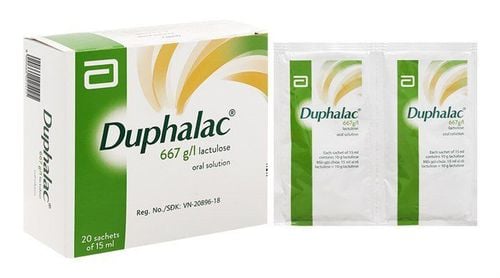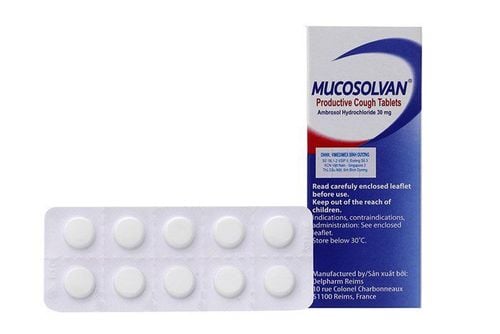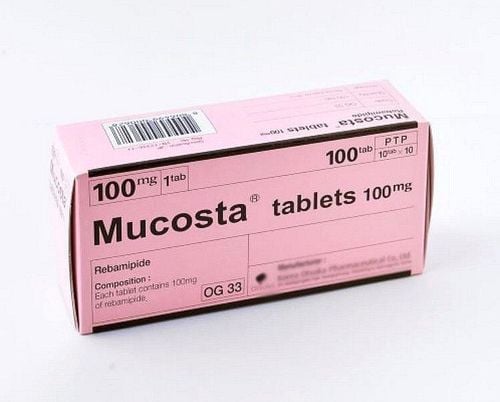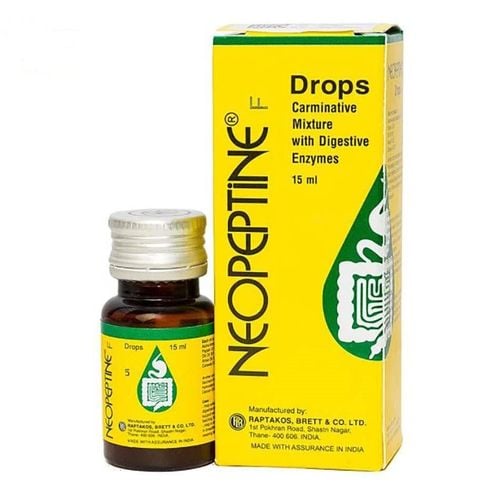This article is professionally advised by Master, Doctor Vu Huy Binh – Department of Medical Examination & Internal Medicine – Vinmec Hai Phong International Hospital.
Defecation is a natural bodily process but may signal underlying health issues, particularly digestive problems. If you experience foul-smelling stools with a strong odor, along with symptoms like diarrhea or black stools, it is important not to ignore it and seek treatment as soon as possible.
1. What causes foul-smelling stools?
Foul-smelling stools often result from bacterial infections, malabsorption, or food poisoning. The cause of this issue typically arises from an improper diet that forces the digestive system to work abnormally. The intestines host various types of bacteria, both beneficial and harmful. However, when consuming unhygienic food, harmful bacteria can thrive, damaging the intestinal lining and leading to malabsorption. Symptoms may include: foul-smelling stools, loose, unformed stools, sometimes with blood, or stools containing undigested food.
Additionally, improper use of antibiotics can disrupt the balance of gut microbiota, leading to alternating loose and constipated stools, and foul-smelling stools. This may also cause changes in stool quantity, odor, color, and consistency.
Malabsorption is also a common cause of foul-smelling stools and excessive flatulence (such as celiac disease or chronic pancreatitis). This typically occurs when an infection or condition prevents the intestines from absorbing nutrients properly.
Indigestion, nausea, continuous watery stools, and cramping or dull abdominal pain are common signs of certain gastrointestinal disorders, such as irritable bowel syndrome (IBS), colitis, or intestinal infections. These conditions may develop after consuming food contaminated with bacteria (e.g., E. coli, Salmonella), viruses, or parasites. In such cases, individuals may experience cramping, diarrhea, and a strong foul odor in their stools. In the case of IBS, however, there is no structural damage to the intestines.
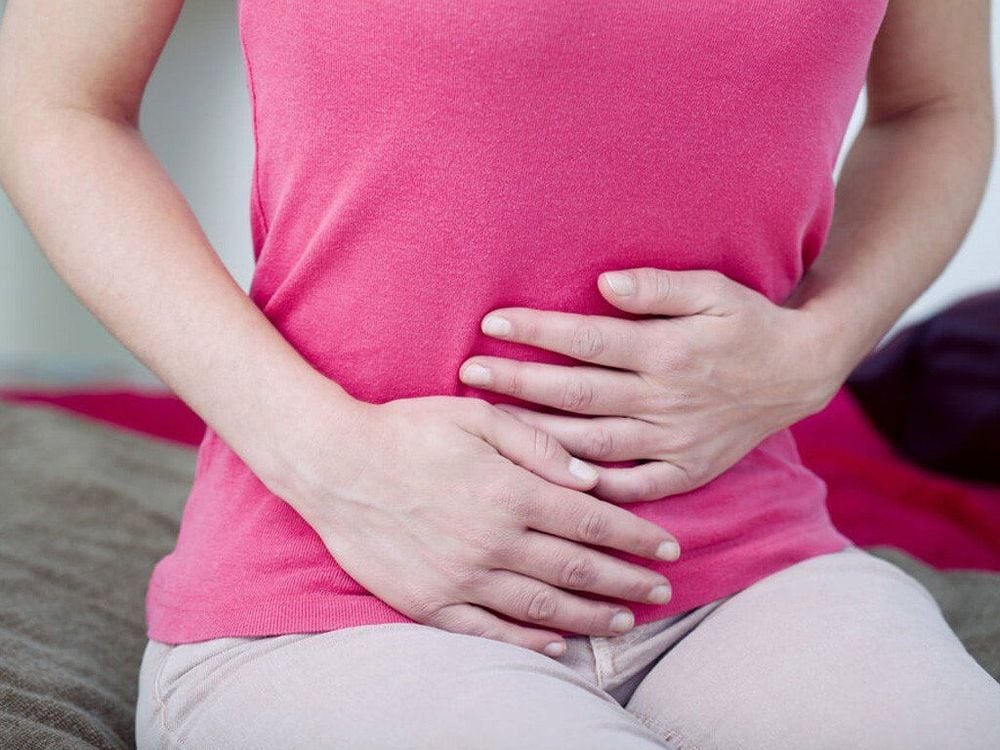
2. How to treat foul-smelling stools?
In cases of mild bacterial infections, the condition may resolve on its own after a few bowel movements. Diarrhea is the body's response to expel harmful bacteria from the intestines, which can alleviate the condition. Therefore, antidiarrheal medications should not be used in such cases. Instead, oral antibiotics (Ciprofloxacin 500mg is the preferred choice, take 2 tablets per day, divided into 2 times after meals) and oral rehydration solutions (such as Oresol) should be used to replace fluids and electrolytes. The patient should drink until they no longer feel thirsty, and it is recommended to drink after each defecation (200 ml per serving).
In cases of food poisoning or ingestion of other toxins through the digestive tract, the body reacts by expelling these toxins through frequent defecation, nausea, and vomiting. In mild poisoning cases, patients often feel much better after vomiting and diarrhea. However, in severe poisoning cases, patients usually need to be hospitalized for emergency treatment and cannot manage the condition on their own at home.
Please dial HOTLINE for more information or register for an appointment HERE. Download MyVinmec app to make appointments faster and to manage your bookings easily.






